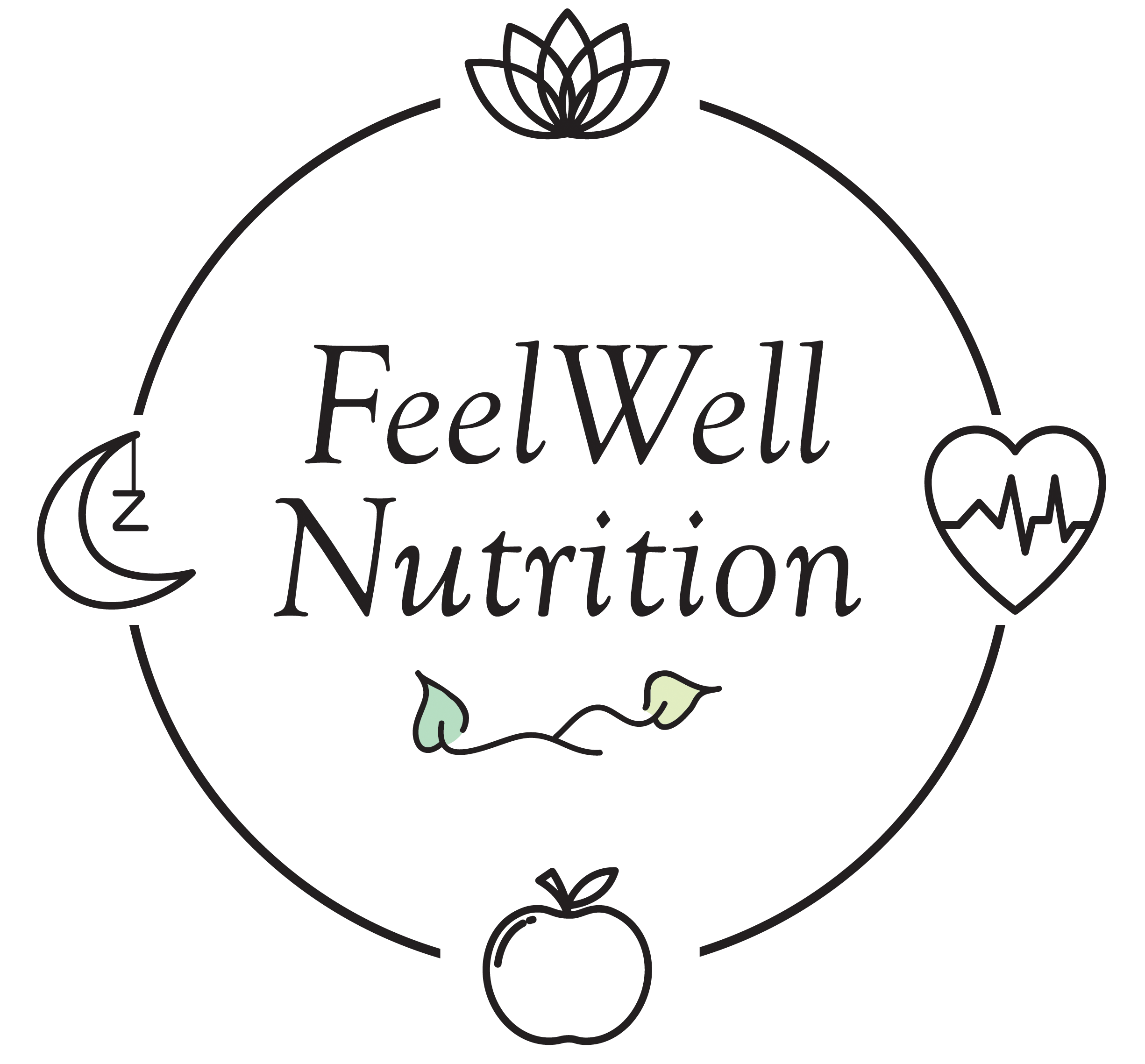The Classic Apple
Certain foods we take for granted. I think apples are one of those. Have any of us ever known a time without apples in the fruit bowl? Let’s face it, often apples were the fruit bowl, certainly when I was growing up. Apple tart, crumble, stewed apple and so much more came from the transformation of ‘eating’ apples, or those sour but precious ‘cooking’ apples, into desserts that predated brownies, muffins, and energy balls but, I like to think, those apple classics are still going strong!
The first time I learned of apples in therapy I was thrilled (maybe an irrational response but that’s what happens when your world is Nutritional Therapy!) This nugget was revealed to me at the first Irish Functional Medicine Conference in 2016, at a lecture delivered by Michael Ash on Mitochondria, Microbiome, Metabolome: Mechanisms and Interventions for Clinical Care. See https://www.ifm.org/about/profile/michael-ash/ for more information on Michael Ash; his qualifications and extensive clinical work. When presenting a case study on a client with ‘Functional Gut Issues’ part of his protocol involved the inclusion of a ramakin of stewed apples. To read more on the scientific rationale of use of apples as a therapeutic food see https://www.clinicaleducation.org/resources/reviews/is-this-a-perfect-functional-meal-for-mucosal-tolerance/. I love when the feeling of wellness you have about a food, your gut instinct on it (no excuse for the pun!) is backed by scientific research and there, in front of you, is a beloved food being used in clinic! It doesn’t get much better than this folks!
The science and research regarding apples as a therapeutic food suggest that regular consumption, as part of a balanced diet, may help to promote a healthy and intact gut lining; helping to reduce gastrointestinal issues, inflammation, regulate the immune and even positively affect brain health. Research indicates that apples, and their fiber and pectin polysaccharide nutrient content, act as a prebiotic to promote good bacteria in the gut such as Bifidobacterium and Lactobacillus. Such bacterial species help to make up a healthy rainforest of diversity in our gut. Lack of diversity of good bacterial species has been linked to a number of imbalances including allergic and autoimmune diseases.
It should be mentioned, however, that some individuals may not benefit from inclusion of apples in the diet, if perhaps for a time and, for example, while addressing gastrointestinal issues like IBS or, indeed, if needing to lower naturally occurring sugars in the diet e.g. to help regulate insulin. Regarding gastrointestinal issues, apples are known as high-FODMAP food and may aggravate symptoms. See https://www.monashfodmap.com/ regarding research and further information on FODMAPs. Please note: this diet is best navigated with a health professional/ practitioner including your GP and/or Nutritional Therapist.
If you do tolerate apples, and you want to get back into the swing of them, I have included three of my favourite and easy apple recipes to try! Therapy comes in many forms. For me, I feel instantly relaxed by even the thought of smelling stewed apples on the hob. That warm, cosy smell wafting through the kitchen; safe, secure and familiar. That is surely the gut talking to the brain and hoping it will get the hint…onwards to the kitchen ☺

